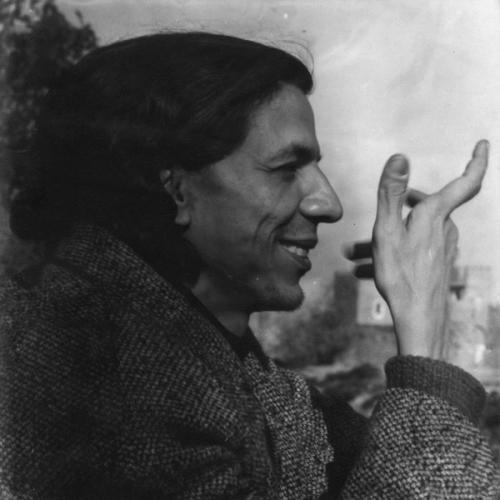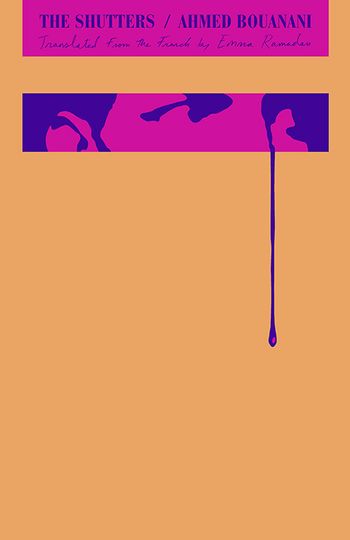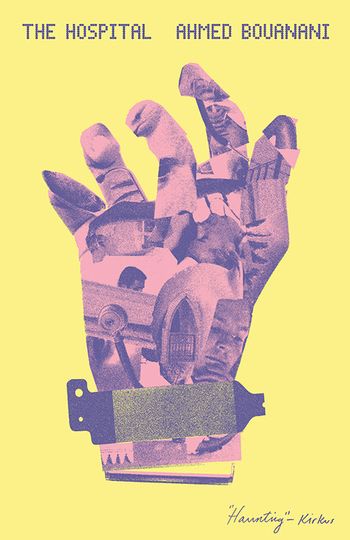Ahmed Bouanani
The filmmaker and writer Ahmed Bouanani (1938–2011) was born in Casablanca. When Bouanani was sixteen, during the final days of the colonial era, his father, a police officer, was assassinated—a tragedy that the artist returned to in his work for the rest of his life. Bouanani studied film at the Institut des hautes études cinématographiques (IDHEC) in Paris for three years before returning to Morocco and going on to direct several classics of North African cinema. Most of his movies had their genesis in poems, and he published three collections during his lifetime, as well as the novel The Hospital, also appearing in English for the first time with New Directions. Never keen to publish, Bouanani left behind a trove of additional manuscripts.


